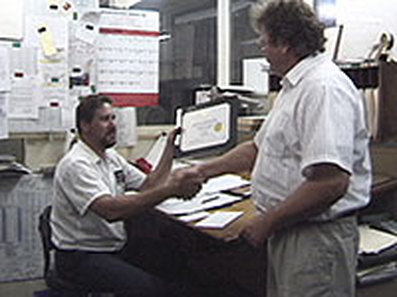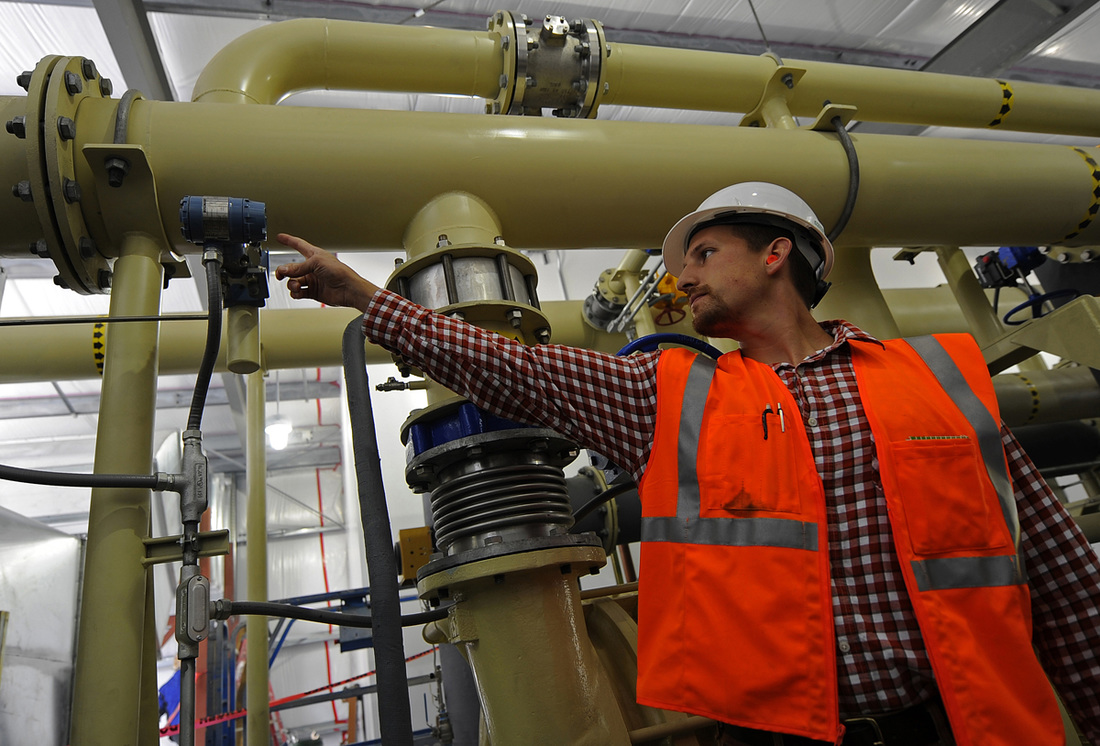- Most methane/landfill gas collection system operators work both in production areas and their offices.
- While in the production area, they must follow established health and safety practices and wear the required protective clothing and equipment. They are often required to be surrounded by hazardous materials. They are also required to work with equipment, and be able to lift heavy loads, crouch, bend, and kneel for extended periods of time. They must be able to work in a noisy environment and extreme heat.
- The time in the office, which often is located near production areas, usually is spent meeting with subordinates or other department managers, analyzing production data and writing and reviewing reports.
- Many methane/landfill gas collection system operators often need to work extended hours, especially when production deadlines must be met. In 2008, about a third of all workers worked more than 50 hours a week, on average. In facilities that operate around the clock, managers often work late shifts and may be called at any hour to deal with emergencies. (Speer, 2014).
- While in the production area, they must follow established health and safety practices and wear the required protective clothing and equipment. They are often required to be surrounded by hazardous materials. They are also required to work with equipment, and be able to lift heavy loads, crouch, bend, and kneel for extended periods of time. They must be able to work in a noisy environment and extreme heat.
- The time in the office, which often is located near production areas, usually is spent meeting with subordinates or other department managers, analyzing production data and writing and reviewing reports.
- Many methane/landfill gas collection system operators often need to work extended hours, especially when production deadlines must be met. In 2008, about a third of all workers worked more than 50 hours a week, on average. In facilities that operate around the clock, managers often work late shifts and may be called at any hour to deal with emergencies. (Speer, 2014).


